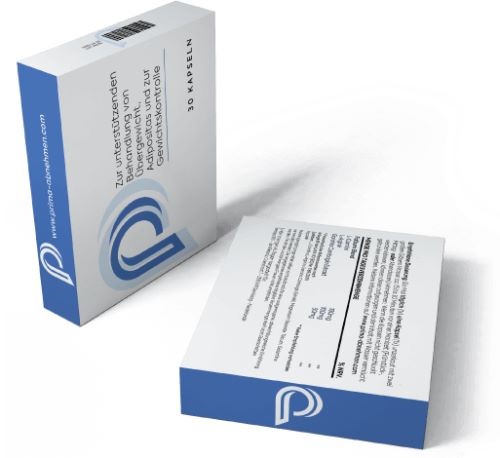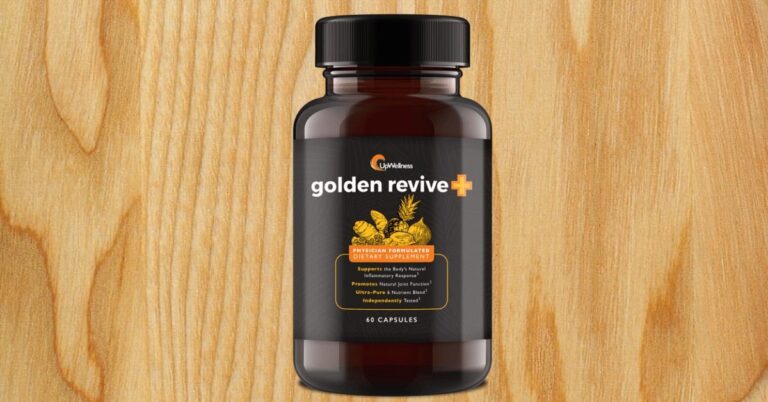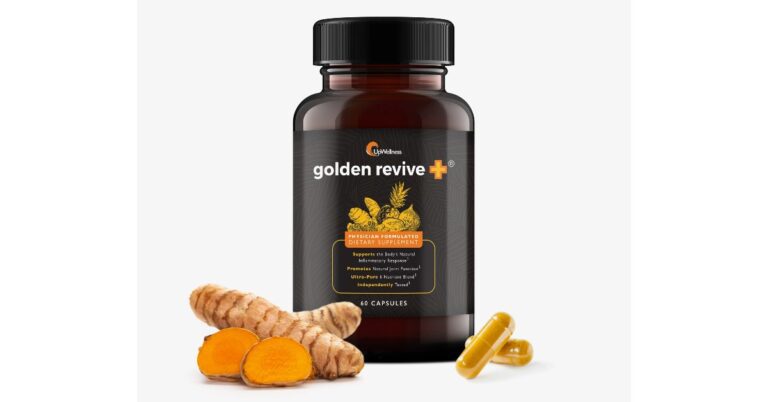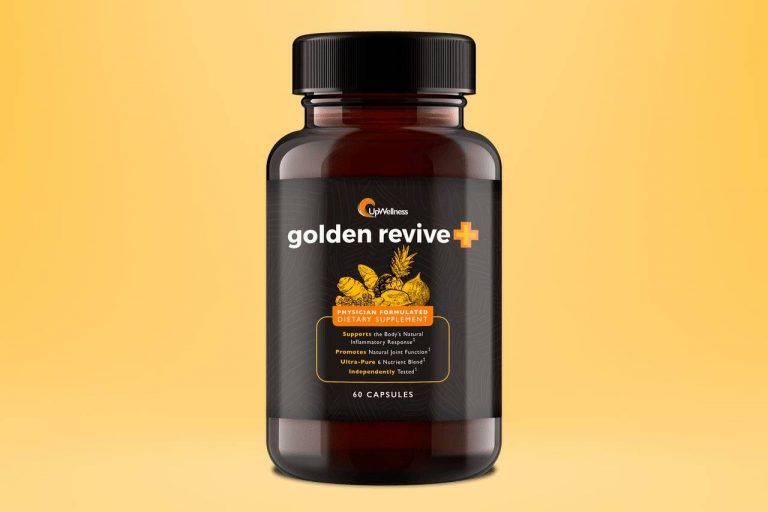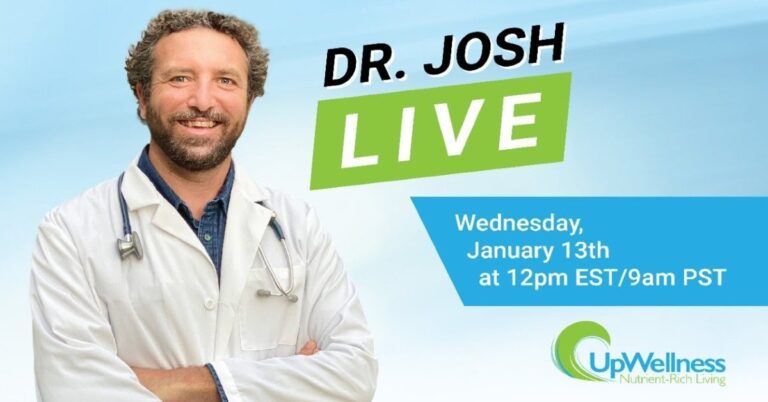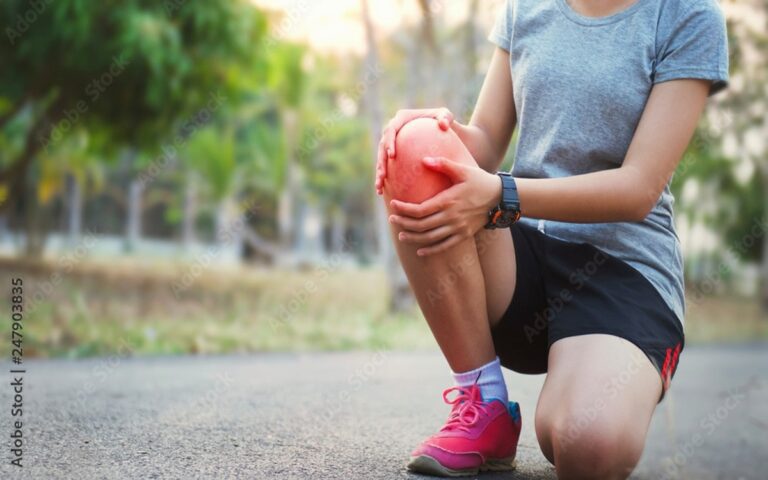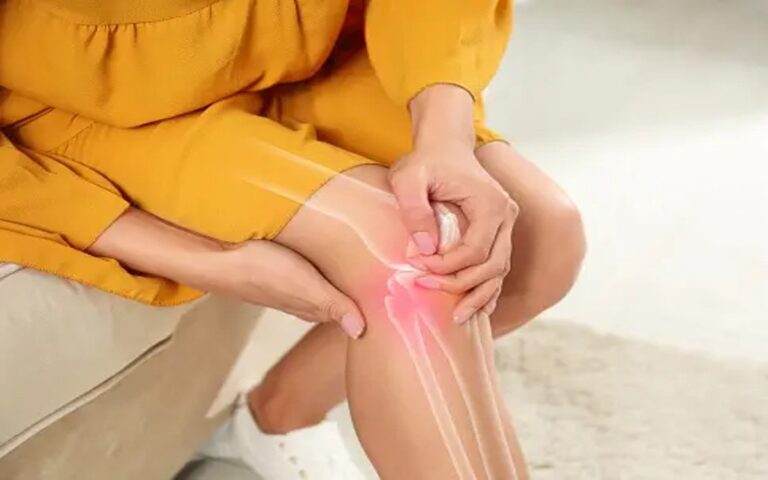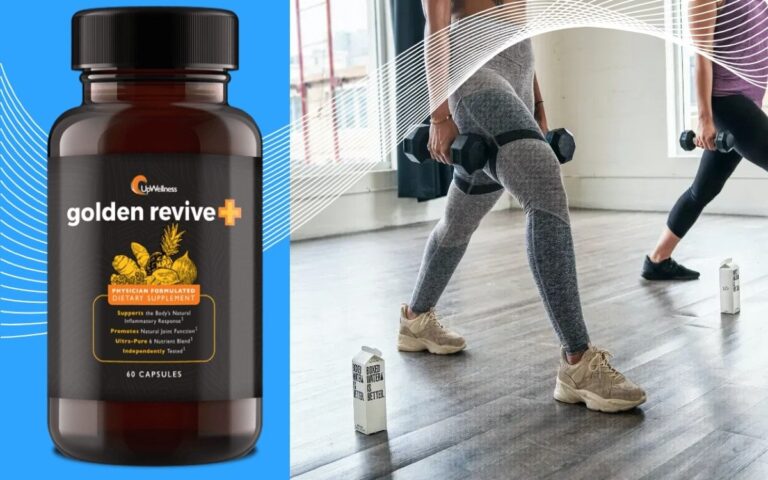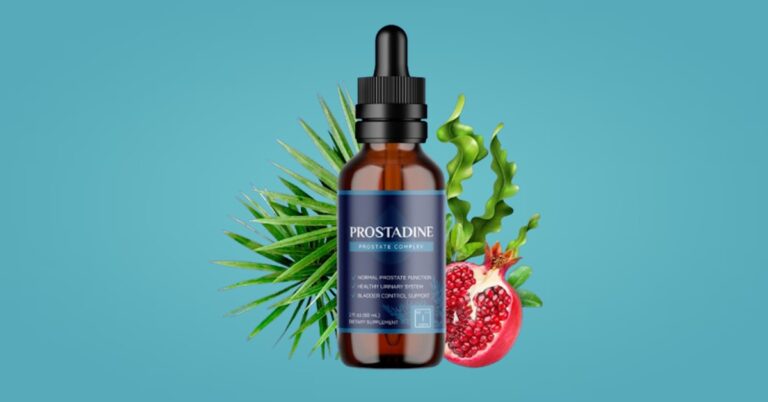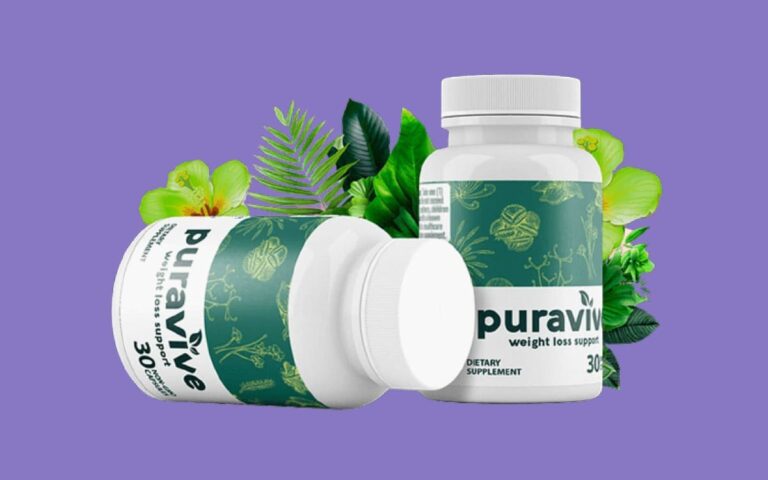The Best Fluffy Pancakes recipe you will fall in love with. Full of tips and tricks to help you make the best pancakes.
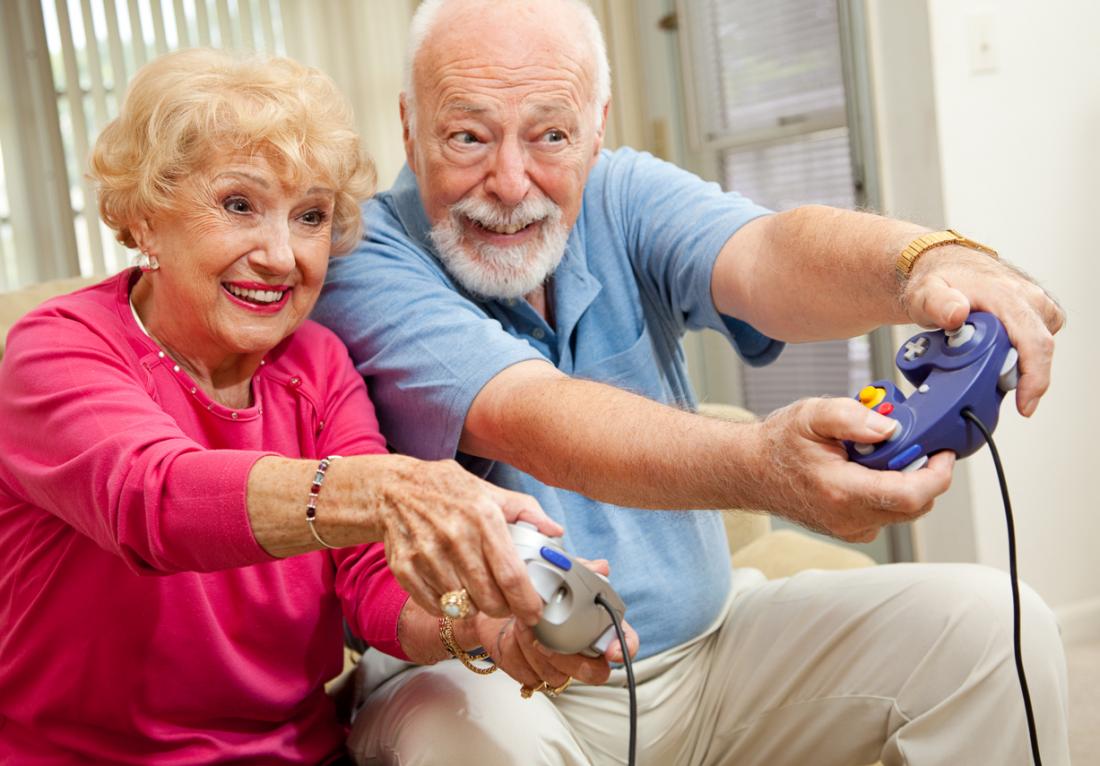
How to Keep Your Brain Fit as You Get Older and – Improve Cognition, Mental Clarity & Memory in Record Time Things to Help with Memory
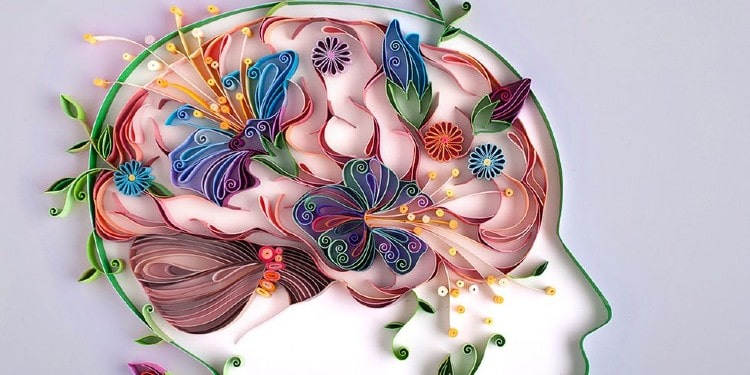
If you are of a certain age, it’s probably happened to you: You walk into a room and forget what you came for. You misplace your car keys. Again. And although you try and try to remember the name of that acquaintance in front of you, your mind goes blank.
Oh no, you think. Is this a sign of Alzheimer’s? Am I losing my brainpower?
Once a heavy drinker and smoker, my 84-year-old father was never a good candidate for living a long life. But he’s remained mentally sharp through four bouts of cancer and a litany of other health complaints, while my younger and (seemingly) healthier mother suffered from dementia and died four years ago. What gives?
Well, my dad spends time every day doing brain teasers called Crypto-quips—puzzles that require deciphering complex letter codes. After he retired from work, he took language classes, traveled abroad, played bridge, performed in an amateur theatre company, and volunteered regularly in the local senior center. Despite painful arthritis, he still dances two times a week with friends and takes regular walks.
If researchers are right, my father has (inadvertently) followed some of the best practices for battling mental decline. New studies are pointing to ways one can slow, and in some cases reverse, the memory loss, distractibility, and other cognitive deficits that often come with advancing age. Here are three of the key findings for how to keep your brain fit.
1. Exercise!
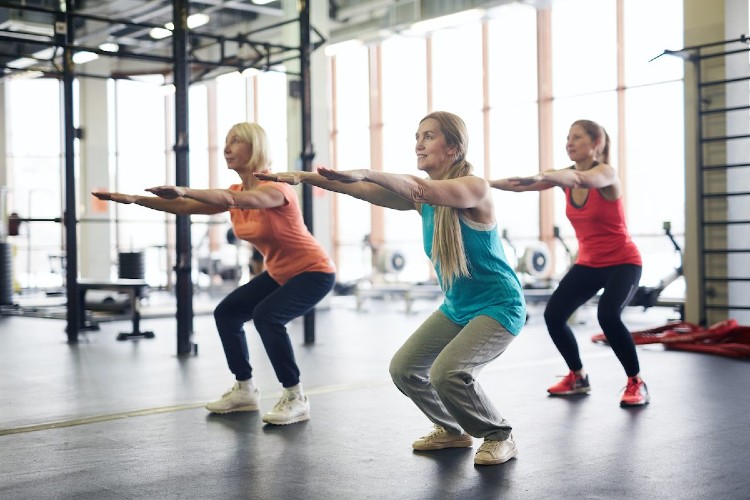
You know how your doctor is always telling you to get a moderate amount of exercise to stay healthy? Well now there’s evidence that exercise not only helps your heart and lungs, but it also might improve your brain.
In a 2008 review of more than 50 scientific studies, researchers Arthur Kramer and Kirk Erickson found that regular aerobic exercise improved brain functioning for healthy people and those with mild cognitive impairments. In particular, those brain functions associated with “executive control”—such as multi-tasking, planning, and problem solving—were most affected by exercise.
Things to Help with Memory Even moderate walking two-to-three times a week over a six month period was enough to produce positive results. In one study, brain imaging results revealed that patients in the early stages of Alzheimer’s disease who were more aerobically fit had less brain atrophy than those who were less fit.
“Aerobic walking, riding a bike or using a stationary bike, or swimming—anything that sustains your heart rate at 65 percent of its maximum capacity or greater for up 30 minutes—appears to be neuroprotective”—meaning it protects your brain—“and will decrease your chances of getting other diseases too,” says Kramer.
But how does it work? According to Kramer, exercise enhances neuroplasticity—the brain’s ability to grow new neural and blood flow pathways in response to stimulation and learning. The greater the brain’s reserve of neural pathways, the better it can respond to strokes, Alzheimer’s disease, or head traumas from falls, which all become more likely as you age.
Researchers need more information before they will more fully understand the relationship between exercise and brain function, says Kramer. For example, it isn’t clear yet if there is a ‘dose response,’ where more exercise equates to better cognitive health, or whether slacking off on an exercise program changes the equation. Still, Kramer is convinced that exercise is central to maintaining brain health.
Below is Our Top Rated Vitamin for Memory – Try NeuroTonix today
2. Things to Help with Memory: Be social

Researchers have long known that having social connections helps protect against the negative impacts of aging. But not until recently have they been able to show a direct link between social activity levels and the brain.
In a 2007 study, Valerie Crooks, a researcher with Kaiser Permanente, assessed 2,200 women over a four-year period, looking for signs of mental decline while evaluating their degree of social connection. Her study found that women who had a larger social network and daily social contact had a substantially lower risk of developing dementia, even when she factored in age and hormone use.
In a similar study, Robert Wilson of Rush University’s Alzheimer’s Disease Center in Chicago found that people who felt lonely were more likely to develop dementia. Wilson and his group followed a group of 80-year-old patients with no signs of dementia and assessed their loneliness, memory loss, and confusion levels every year for four years.
Things to Help with Memory For every one-point increase on their loneliness measurement scale, the risk of developing dementia increased by 51 percent over that period. Even when patients had many social contacts, feeling lonely led to mental decline, suggesting that the quality of social interactions may be more important than the quantity.
“Our results are consistent with other studies which show that negative emotions are related to the development of dementia and cognitive decline in old age,” says Wilson.
Interestingly, when Wilson’s group looked at the brain autopsies of subjects who died during their study, they found that some people who hadn’t reported feeling lonely still showed plaques or tangles in their brains—the physiological hallmarks of Alzheimer’s—without actually developing the symptoms of dementia, such as memory loss and confusion.
Things to Help with Memory In other words, having positive social connections may have protected them from Alzheimer’s dementia, even though their brain’s physiology seemed to leave them vulnerable to it. Although researchers are still trying to figure out this phenomenon, Wilson thinks that having good social connections over time may somehow build up overall brain functioning, so that one part of the brain can take over if another part becomes damaged.
Also Read: Ways one can slow, and in some cases reverse, the memory loss with NeuroTonix
Joining a group, taking a class, or scheduling regular visits and phone calls with friends and family can all help build these social connections. The same goes for doing volunteer work, which may carry added benefits: According to preliminary results from a recent study by Sei Lee at the University of California, San Francisco, presented this past May at the annual meeting of the American Geriatrics Society, people who volunteered lived longer, even after considering other factors, like socioeconomic status, chronic health conditions, and cognititive function.
3. Things to Help with Memory: Stimulate your brain—even with video games
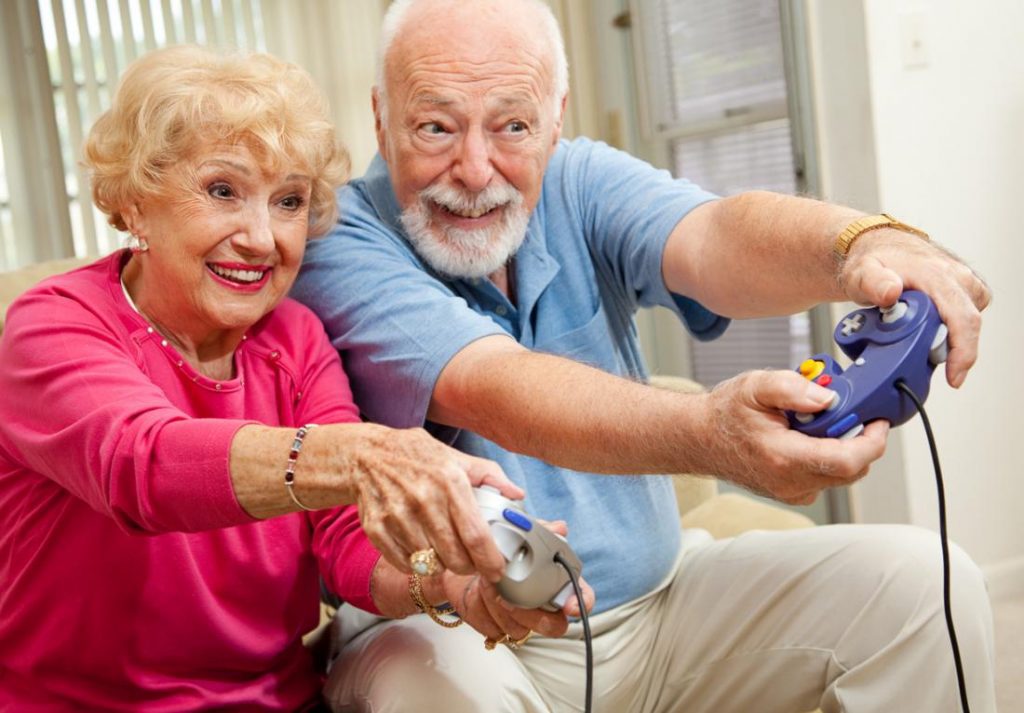
Things to Help with Memory -there is now ample scientific evidence that keeping your mind active is good for brain health. But what’s the best way to do that?
Recent studies show that computer-based exercises designed to improve brain function have been effective at increasing memory, information processing, reasoning, attention, and problem solving skills among elderly participants. In some studies, successful training in one skill area (e.g., short-term memory) led to improvements in areas not covered in the training (e.g., executive control), suggesting that training benefits may “generalize” to multiple brain functions and improve overall cognitive health.
Capitalizing on this research, several companies have sprung up to market the idea of “brain fitness” to aging Baby Boomers. Though many, such as Lumosity, have based their programs on neuroscience research, not all have done the rigorous testing needed to show their programs work.
Posit Science, founded by neuroscientist Mike Merzenich, is an exception. Posit has developed two computer-based training programs for seniors designed to increase the speed and accuracy of how they process auditory and visual information. The auditory program (IMPACT) has been tested in large, clinical trials around the country and has been shown to improve not only auditory processing speed and accuracy, but related skills like memory and attention. Similar results have been found for the visual program, though using smaller study populations.
“The benefits of our training programs are substantial,” says Merzenich. “If you are 70 and your brain is operating like a typical 70-year-old, you can train with our program, and your scores on cognitive tests will improve to levels you’d find in a 59-year-old brain.”
That may be true, but some researchers are still skeptical.
“We just don’t know enough about how these programs work,” says Arthur Kramer. Although he recently co-authored his own study using a video game to improve cognitive function in the elderly, he remains cautious, noting that “there are still relatively few studies of computer-based products.”
Denise Park, a researcher at the University of Texas, agrees. But she has an additional concern about computer-based training programs: that seniors won’t maintain interest in them long enough to reap the benefits.
“It may be very possible that engaging in fun, novel activities may be as stimulating, or more stimulating, than computer training,” says Park.
Evidence from another recent study may support Park’s hypothesis. Robert Wilson monitored more than 700 elderly participants for five years and found that those who reportedly engaged in everyday mentally-stimulating activities—like reading the paper, visiting a library, or playing checkers or chess—were less likely to have cognitive impairment, and were less than half as likely to develop the dementia symptoms of Alzheimer’s disease.
Things to Help with Memory Even when researchers considered the participants’ past levels of education and socio-economic status, being mentally engaged later in life still seemed critical to reducing the risk of dementia.
The challenge
So, will all this research actually compel people to do what it takes to keep their brains fit?
“Let’s face it, some people hate to exercise, even when they know it helps,” says Kramer. He argues that, as we age, we tend to slow down and get sore joints, which makes it even harder to build up the will to exercise. But Kramer believes that communicating how exercise benefits the brain may help motivate people to change their lifestyles.
Mezernich of Posit Science suggests another possible incentive: economic interest. He envisions a time when health insurance companies will pay people, either directly or through reduced insurance rates, to participate in programs like his, assuming they will reduce the need for costly health care down the road.
Personally, I don’t need further convincing, especially after having one parent die of dementia. Chances are I may be living even longer than my dad, perhaps into my 90s. And since I want to keep my mind active even as my body ages, I’m already trying to stay physically active, keep my friends close, and give my brain a regular work out.
This article exposed HOW To IMPROVE MEMORY Keep Your Brain Fit as You Get Older SECRET that Keep Your Brain Young (Even as You Grow Old) Best Vitamins for Memory
Also Read: Ways one can slow, and in some cases reverse, the memory loss with NeuroTonix
If you have such concerns, you’re not alone. A recent survey by the Alzheimer’s Association showed that 60 percent of people worldwide believe—incorrectly—that Alzheimer’s is an inevitable part of aging, a worry second only to getting cancer. The good news is that there is more information than ever available these days about staving off mental decline and staying sharp into your twilight years.
There’s so much research out there, in fact, that it would be hard to wade through it all. That’s how to improve memory Ageless Brain: Think Faster, Remember More, and Stay Sharper by Lowering Your Brain Age so useful. Written by the editors of Prevention magazine and Julia VanTine, it offers an easy-to-read, practical, and solid guide to keeping your brain young, while distilling the latest findings from research on nutrition, physical and mental exercise, stress reduction, and more.
It is a well-known fact that as men and women cross the age of 50, their cognitive abilities start to decline rapidly, thus causing them to start facing issues such as poor recall capacity, reduced information retention, etc. However, in recent decades, researchers have devised several novel supplements that have been clinically found to nourish one’s brain — thus allowing for better memory and reduced brain fog.
In this regard, PureHealth Research Ageless Brain is an all-new cognitive enhancer that has been made using a wide array of well-researched natural ingredients. As per the official product website, the solution is natural, safe, and comes in the form of a veggie capsule (that is free of any binders, fillers, or other unwanted substances). Furthermore, every ingredient that has been added to the mix has been scientifically tested for its overall efficacy and long-term ability to deliver positive results.
A Closer Look at Ageless Brain
In its most basic sense, one can think of Ageless Brain as being a neurological wellness product that comes replete with several natural elements that have been clinically validated. Not only that, but every ingredient that has been added to the mix is also gluten and dairy-free. Thus users can be sure that their bodies will not have any adverse reaction to the supplement. Other core facets of Ageless Brain include:
(i) No GMOs: As per the manufacturer’s specifications, none of the compounds that have been included in the Ageless Brain feature any traces of Genetically Modified Organisms (GMOs).
(ii) Vegan: Another underrated facet of Ageless Brain is that it is vegan in its composition and does not feature any traces of meat, milk, or other animal extracts.
(iii) Safe for long term use: Since all of the compounds added to the supplement are naturally derived, it is safe to make use of Ageless Brain without having to worry about any unwanted side effects later down the line.
In terms of dosage, it is recommended that users take one capsule of the supplement (per day) early in the morning or 30 minutes before a heavy meal along with 8oz of water.
What Benefits Does Ageless Brain Offer on how to improve memory Overnight?
Ageless Brain by Pure Health Research has been designed to maximize one’s brain function by delivering the user’s neural system with a wide array of natural, potent cognitive enhancers. In this regard, the supplement (when taken as advised) claims to deliver users with a wide range of benefits such as:
Enhanced Sleep Quality
Thanks to the natural relaxants added to Ageless Brain, the supplement can increase the production of melatonin in one’s body — which in turn allows for more restful, deep sleep. Not only that, some of the other active agents that are present in the product have also been found to release any tension, stress that may have built up in our systems.
Mood Regulation
A core facet of Ageless Brain is that it is designed to enhance the user’s mood so that they can operate more efficiently. Not only that, when one feels uplifted through the course of their daily activities, but they are also able to be more involved with their tasks.
Focus Maximization
One of the primary benefits of Ageless Brain is that it can increase the user’s focus by enhancing their alertness and awareness levels. Not only that, but regular intake of the supplement can also help users mitigate a wide array of issues related to brain fog — thus allowing them to make clearer, better decisions
Sharpening of One’s Memory
As mentioned in an earlier section, after the age of 50, both men and women start to struggle with a wide array of memory-related problems. In this regard, Pure Health Research’s Ageless Brain is designed to prevent both short-term and long-term memory loss.
Cognition Support
According to the team over at PureHealth Research, the ingredients contained in Ageless Brain have been found to improve one’s response time and overall cognitive abilities. As a result of these benefits, Things to Help with Memory users can greatly enhance the efficiency of their day-to-day activities.
Also Read: Ways one can slow, and in some cases reverse, the memory loss with NeuroTonix
What’s Contained in Ageless Brain – And how to improve memory with this Supplement?
(i) Caffeine Anhydrous: As most of our readers may be well aware of, Caffeine is a natural neural booster that is commonly used in the creation of many energy-enhancement supplements.
(ii) Gamma-Aminobutyric Acid: Commonly referred to as GABA, it is a highly potent amino acid that is naturally produced by the human body. In its most basic sense, GABA serves as a neurotransmitter that facilitates seamless communication between the various organs of the human body and the brain.
(iii) Bacopa Aerial Parts Extract: Many studies have shown that daily use of Bacopa can help alleviate a number of problems related to Alzheimer’s disease, memory disorders, ADHD, etc. Not only that, but some scientists also claim that the natural ingredient also serves as a potent memory and learning enhancer.
(iv) Alpha Glycerylphosphorylcholine: Also referred to as Alpha-GPC, it is a natural choline compound that is produced in and around the brain center. Over the past decade, the natural substance has been looked into in detail for its potential benefits in combatting Alzheimer’s and other cognitive problems (such as dementia).
(v) L Theanine: A popular amino acid that is most commonly derived from tea leaves, it is known to promote relaxation in one’s body without inducing any drowsiness or other dullness related syndromes.
(vi) L-Tyrosine: Another popular amino derivative that is commonly found in a wide variety of dietary supplements. When taken regularly, it can be used to improve one’s attention, focus, and alertness levels. Not only that, but studies have also shown that Tyrosine can promote nerve health and maybe even enhance one’s mood levels.
In addition to the active ingredients listed above, the Ageless Brain also contains regulated amounts of Huperzine-A, Phosphatidylserine, Niacin, Vitamin B6.
Where Can I Buy Ageless Brain?
The easiest, most hassle-free way of making a purchase is via the official PureHealth Research website
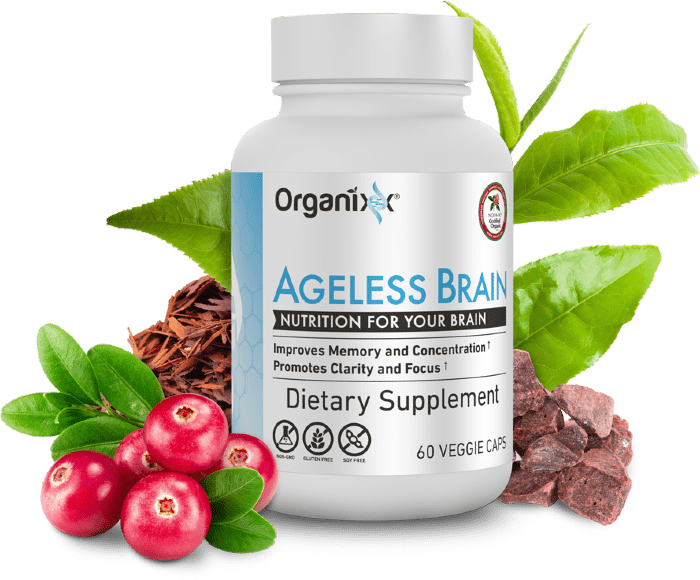
At the time of writing this review, there exist three package deals that users can choose from:
- One bottle of Ageless Brain is available for $49
- Three bottles are available for $117
- Six bottles are available for a highly discounted sum of $198
Furthermore, PureHealth Research also provides users with various subscription offers that come with an additional 10% discount. Also, every purchase of Ageless Brain comes with a full one-year moneyback guarantee in case users are not happy with the quality of the supplement or the results delivered by it.
Below is Our Top Rated Vitamin for Memory – Try NeuroTonix today
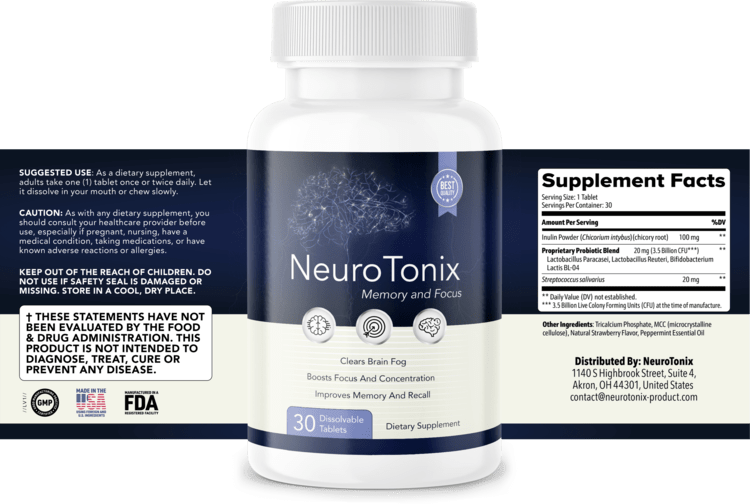
Also Read: Ways one can slow, and in some cases reverse, the memory loss with NeuroTonix
.
.
.

